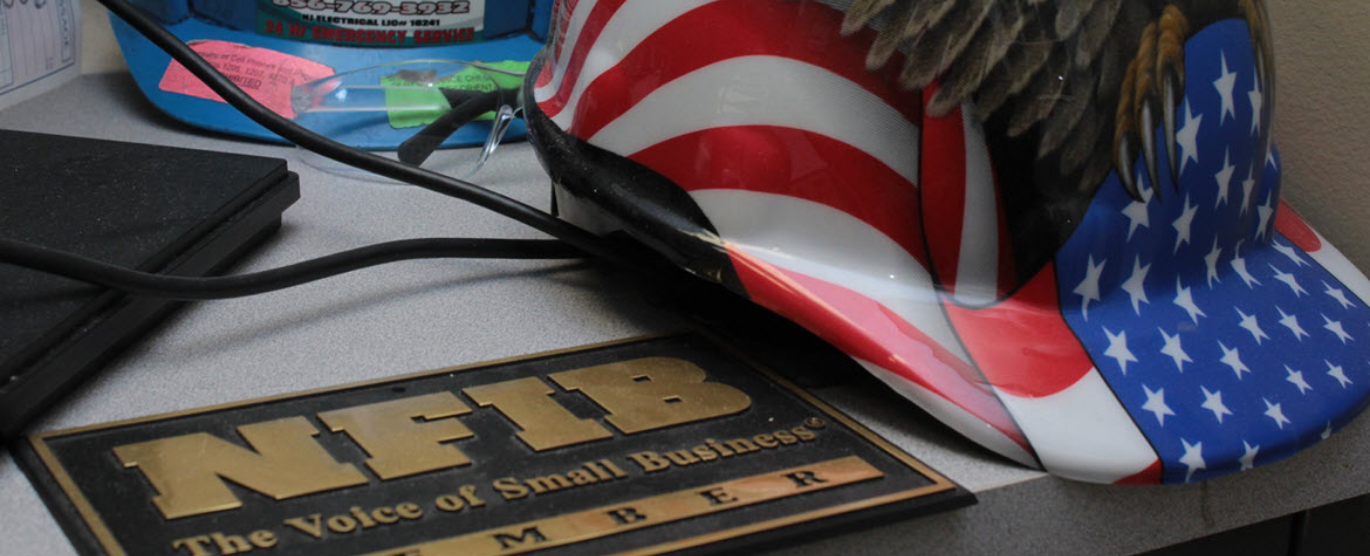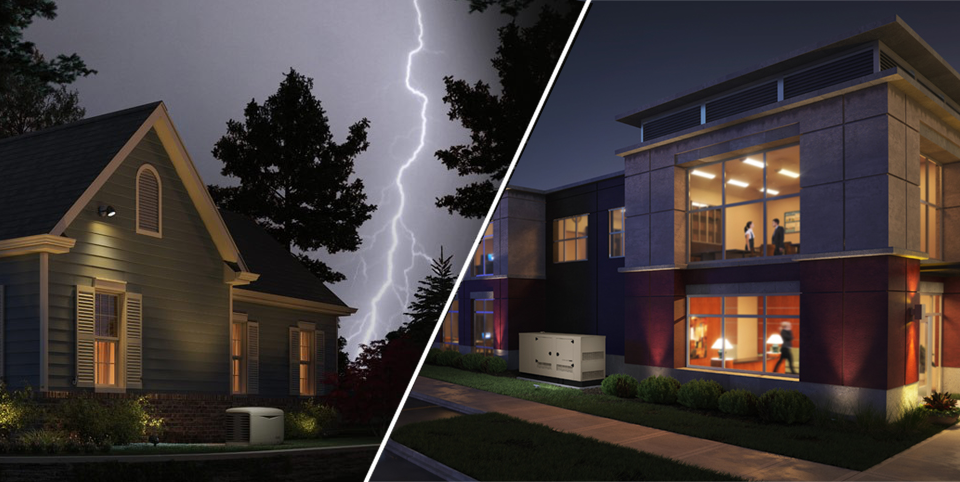For those living and working in the Northeast, storm related power outages have become all too familiar. After Hurricane Sandy put roughly two thirds of New Jersey out of power, with a total of 8.5 million utility customers out for nearly 2 weeks, more and more residents and business owners are considering standby generators as a more stable solution for their power needs.
Unlike portable generators, which can typically only operate for less than a day, standby generators can last for several days using an external fuel supply. For many, the investment for a standby generator is not necessary. The systems can be costly, require a permanent location on a concrete pad near your home or business, must be directly connected into your building’s electrical panel, and must be connected to a fuel source such as natural gas, liquid propane, or diesel.
While certain factors may rule out a standby generator for urban residents or those with lesser electrical needs, they do provide reliable backup power for businesses, hospitals, and residents that may have more urgent power dependencies such as homeowners with electrical heating sources, medical equipment, or with children and/or elderly residents.
For commercial applications, a standby generator can allow a business to remain open, provide emergency services, and even save hundreds or thousands of dollars that may have been lost due to lack of electricity; including items that require refrigeration, operations that rely on advance security systems, emergency response teams, and countless others that would otherwise be disabled without electricity.
The way a standby generator works comes down to the automatic transfer switch. When the utility power is on, electricity flows from the grid to your home. When the utility power is lost, the automatic transfer switch flips on, at which point the standby generator takes over feeding electricity to your home’s electrical panel. Reversely, once power is restored to the grid, the automatic transfer switch will flip back, no longer requiring the standby generator to operate.
To learn more about standby generators, or to discuss whether your home or business in New Jersey, Pennsylvania, Delaware, or Maryland, would benefit from an advanced backup power solution, contact Eric M. Krise Electrical Contractor at (856) 769-3932 or visit us online at EricKriseElectric.com.




